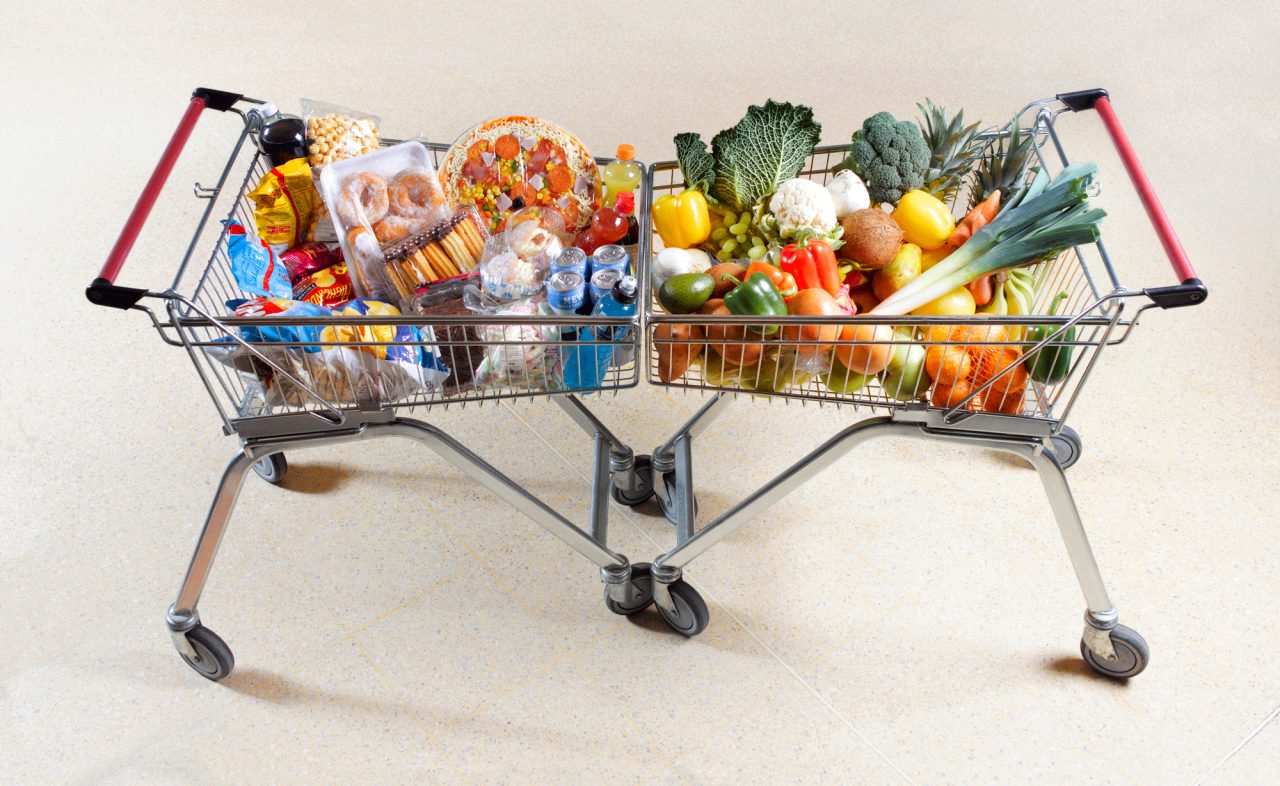What Your Teen Eats Matters

The more junk food your teens eat, the more likely they are to be putting their hearts in danger later in adulthood.
Kids are eating too much junk, setting themselves up for heart disease.
According to research, American teens get about two-thirds of their calories from chips, cookies, candy, soft drinks, and ready-to-heat products like pizza, instant soup, hot dogs, and chicken nuggets — a category nutritionists call “ultra-processed food.” These items are usually high in sugar, salt, and fat but low in fiber and nutritional value.
American adults get more than half their calories this way — so if you think your teen is eating worse than you do, you’re likely correct.
YOU MIGHT ALSO LIKE: Depression and Suicide is Rising Among Teens and Young Adults
For the study, researchers drew on diet data in a survey that included 5,565 people ages 12 to 19. The volunteers also provided information about their weight, blood pressure, diabetes status, and other factors important for heart health, which the researchers combined into a 12-point scale. It turned out that the more junk food you ate, the worse your score on the scale, suggesting a higher chance of future heart problems.
Some teens consumed as much as 88 percent of their calories in ultra-processed food, in part because it tends to lack fiber and may not make you full as full.
The foods that we find hardest to resist — chocolate, ice cream, French fries, pizza, cookies, chips, cake, buttered popcorn, cheeseburgers, muffins, breakfast cereal, gummy candy, and fried chicken, in one study — have been engineered to keep us eating them. Their secret is obvious: combining fat and sugar, carbs and salt, or fat and salt.
The impact is obvious, too: more than a fifth of 12- to 19-year-olds are obese, setting themselves up for a lifetime of health problems.
Teens need parents to set a good example and keep healthier options — like nuts, whole fruit, unsweetened yogurt, cut-up vegetables, or a whole grain bread — handy.
Start keeping the bad stuff out of your house. If you can inspire your children to appreciate vegetables instead, you’ll be doing them a huge favor. Do vegetables strike you as expensive? It costs from $2.10 to $2.60 a day to meet nutrition guidelines — two cups of fruit and two to three cups of vegetables a day — according to a U.S. Department of Agriculture study. Their nutrient value makes them a bargain.
To nudge your teens towards better habits, show them how eating well will serve their own goals. If your daughter is worried about her weight, explain that if she sticks to eating well most of the time she won’t need tough, limited diets, and that those diets will backfire, anyway. The same goes for boys.
If your child is moody, you might explain that food affects their mood.
If your kids have a sweet tooth, challenge them to avoid sugar for two weeks and notice how everything tastes sweeter when they try sugar again.
Other tactics:
- Prepare food at home. Include younger children in your preparation, or each week assign older kids a night to cook for the family. Give them freedom to experiment with a new dish — if it’s healthful.
- If prep time is a problem during the week, try to prepare favorite food on the weekends and stock your freezer. You can assign a teen that task.
- Keep fruit and vegetables as snacks, washed, cut up if necessary, and easy to see in the refrigerator.
- Put fruit in breakfast cereals.
- Serve salads with oil and vinegar dressing or reasonable amounts of sweet or fatty dressing.
- Don’t make meat the centerpiece of most meals. Substitute vegetables for meat in lasagna. Stick to beans in your chili. Tell your kids you’re serving burgers but serve them salmon burgers. Puree tofu with vegetables and serve it as a sauce on a whole-grain or bean-based pasta. For dinner, serve a hearty soup and a salad with nuts and chickpeas.
- When you do serve meat, include vegetables. Put spinach or carrots in a meatloaf, perhaps combining ground turkey with beef.
- Stick to fruit for dessert. If your child craves something sweeter, make dried fruit a treat.
- Don’t keep fruit juice or soda at home; teach your kids to expect unsweetened flavored water or unsweetened ice tea.
YOU MIGHT ALSO LIKE: This Is Your Teenager's Brain When Sleep Deprived
Updated:
July 19, 2021
Reviewed By:
Janet O’Dell, RN